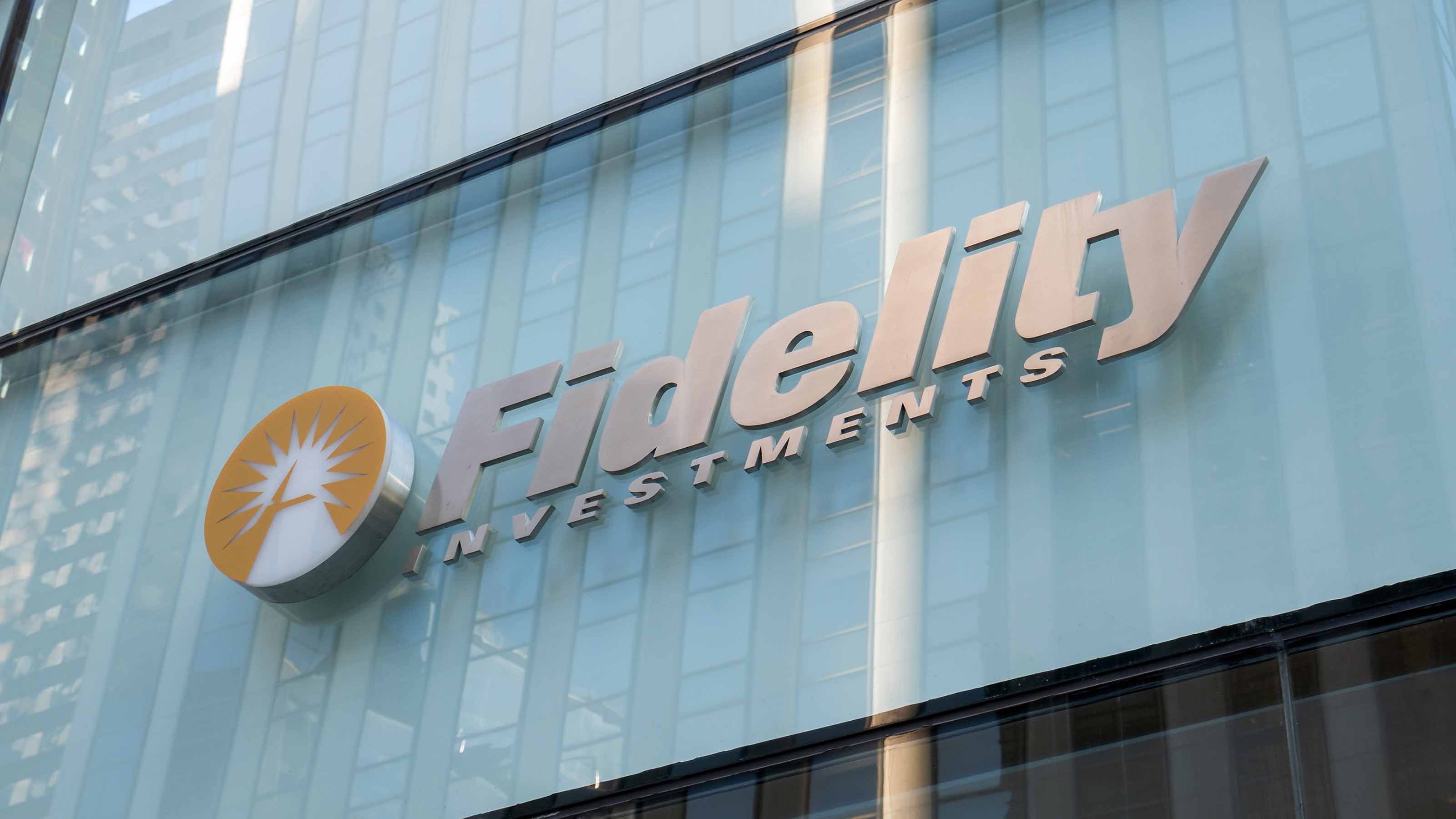
The Federal Reserve has begun to lower interest rates, so it's a good time to check in with the Fidelity Total Bond ETF (FBND), an actively managed bond exchange-traded fund (ETF) in the Kiplinger ETF 20. The fund beat the Bloomberg U.S. Aggregate Bond Index over the past 12 months with a 12.5% return.
"We outperformed the benchmark by about one percentage point, which is our goal," says Ford O'Neil, who leads the fund with Celso Munoz and four co-managers. The fund has outdone the Agg over the past three and five years, too.
Like most intermediate-term, high-quality bond funds, Fidelity Total Bond owns a mix of U.S. government debt, corporate bonds, and mortgage-backed or asset-backed securities. But the managers' tilts in those sectors have made all the difference.
Over the past year, for instance, the managers favored medium-maturity government debt over short- or long-term bonds. They also leaned into high-yield debt (IOUs rated double-B to triple-C) and emerging-markets bonds, which have performed well in recent months, says O'Neil.
The fund can invest up to 20% of assets in lower-quality debt securities. In the investment-grade (rated triple-A to triple-B) corporate-bond arena, O'Neil says the managers emphasized financial IOUs, in particular securities issued by big money-center banks such as JPMorgan Chase, Deutsche Bank and Barclays.
"The regulatory environment is still strong" in the banking sector, which helps to buoy credit quality, says O'Neil.
He and his cohorts don't expect a recession in the coming year, but they have been "reducing risk," says O'Neil. In particular, they're cautious about corporate bonds, given the sector's recent strong performance. "There's not a lot of opportunity there," he says. So the managers have been modestly paring back the fund's corporate-debt holdings and adding to Treasuries, which, says O'Neil, will “allow us to be nimble” and snap up securities in other sectors when opportunities (or volatility) arise.
Note: This item first appeared in Kiplinger Personal Finance Magazine, a monthly, trustworthy source of advice and guidance. Subscribe to help you make more money and keep more of the money you make here.







